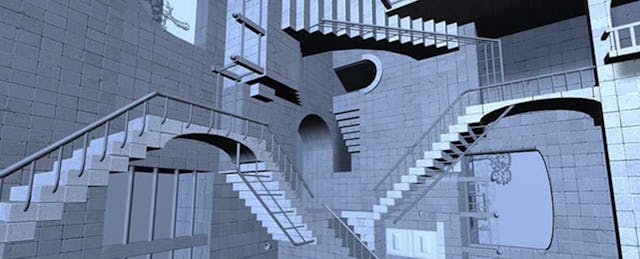Where I live in Colorado, science, technology, engineering, and math (STEM) classrooms are facing an alarming reality: according to the state Department of Education, our university teacher preparation programs aren’t graduating enough talent to fill K-12 STEM positions. These subjects build students’ capabilities for problem-solving and innovation, and give them the skills needed to be competitive in our increasingly technological world. One means to ensure all students in our state have access to high-quality STEM opportunities is to seek teacher talent from the STEM professional sectors and support these professionals as they transition.
My passion for STEM started early, when I learned that the chemical engineering field combined my two favorite subjects--math and chemistry--and made more money than almost any other college major. I chose to study chemical engineering in college and immediately went on to work for an independent oil and gas company.
The work was engaging and challenging, but I soon found there were measures more important than salary to assess my impact.
Throughout college, I was active in the Society for Women Engineers, where I loved hosting outreach events to get middle school students interested in math and science. When I entered the workforce, I maintained my connection with kids, teaching a science curriculum through Girls Inc. of Metro Denver. It was there that the opportunity gap became real to me, seeing the natural enthusiasm students have for STEM, and also their varying levels of mastery due to the exposure they’d had depending on the neighborhood in which they attended school. And so I, an engineer by training and profession, decided to join Teach For America and make the lateral move into teaching.
I taught math and chemistry for four years at KIPP Sunshine Peak Academy and KIPP Denver Collegiate High School in Denver. My professional engineering experience proved invaluable in helping my students see the real-life applications of their work. When the BP oil spill happened in the Gulf, I was able to explain to them what happens when you drill a well and what caused the explosion. Leading up to our annual 8th grade California trip, I taught a unit on the Golden Gate Bridge from the physics and engineering perspective; we looked at the different compression and tension forces at play and my students built their own suspension bridge models. Their excitement and dedication in learning about the San Francisco landmark made their up-close encounter that much more meaningful.
I’d be remiss if I didn’t point out that teaching is hard work. Even after three years using math every day as an engineer, explaining math concepts to my students required an incredible amount of learned skill over and above basic content knowledge. Four years in, I was still refining and honing my practice, but ongoing professional development from my district and Teach For America helped to develop my skills.
Today I continue to reflect on the incredible amount of effort teachers put in to share their knowledge of content with students. Having undertaken the tremendous challenge of teaching has undoubtedly impacted my tolerance for new assignments and learning experiences as an engineer. More importantly, having taught has made me that much more dedicated to staying involved in Denver’s education dialogue, with the hope that more deserving kids like the students I taught can have opportunities to pursue STEM careers.
Colorado’s students deserve to grow up to be a CU Buffalo or a UC–Denver Lynx. And all students deserve to become whatever they can dream up. Without a high quality STEM education, these imagined futures become increasingly harder to realize. Professionals can bring a sense of urgency and content knowledge that students need to make the connection between classwork and the real-world, and teaching can reciprocate by instilling a sense of purpose and reward from the ability to pay their experience forward in inspiring the next generation of STEM innovators. I urge STEM professionals to consider teaching as their next great contribution.


